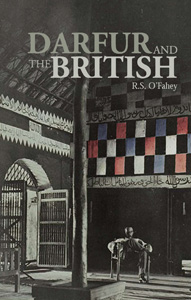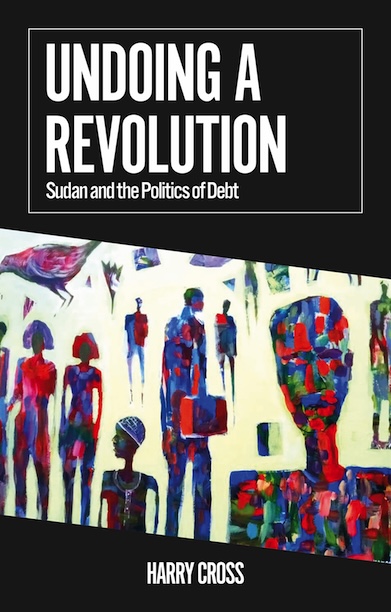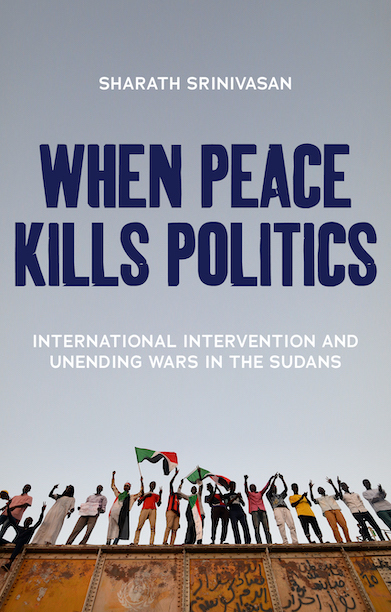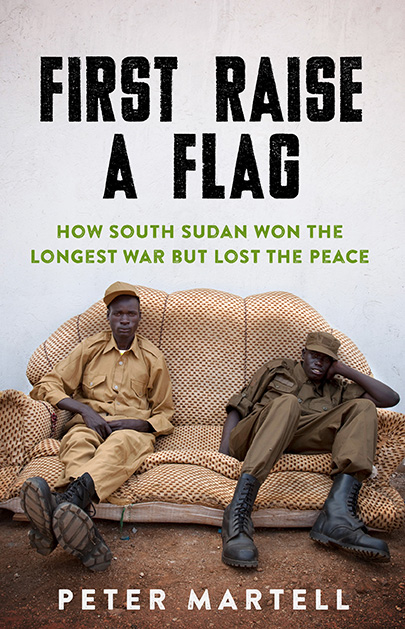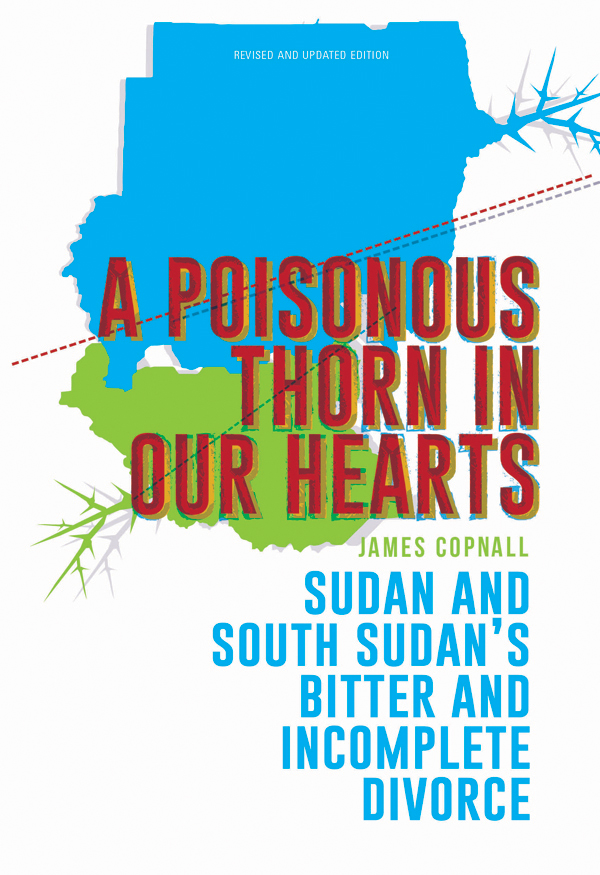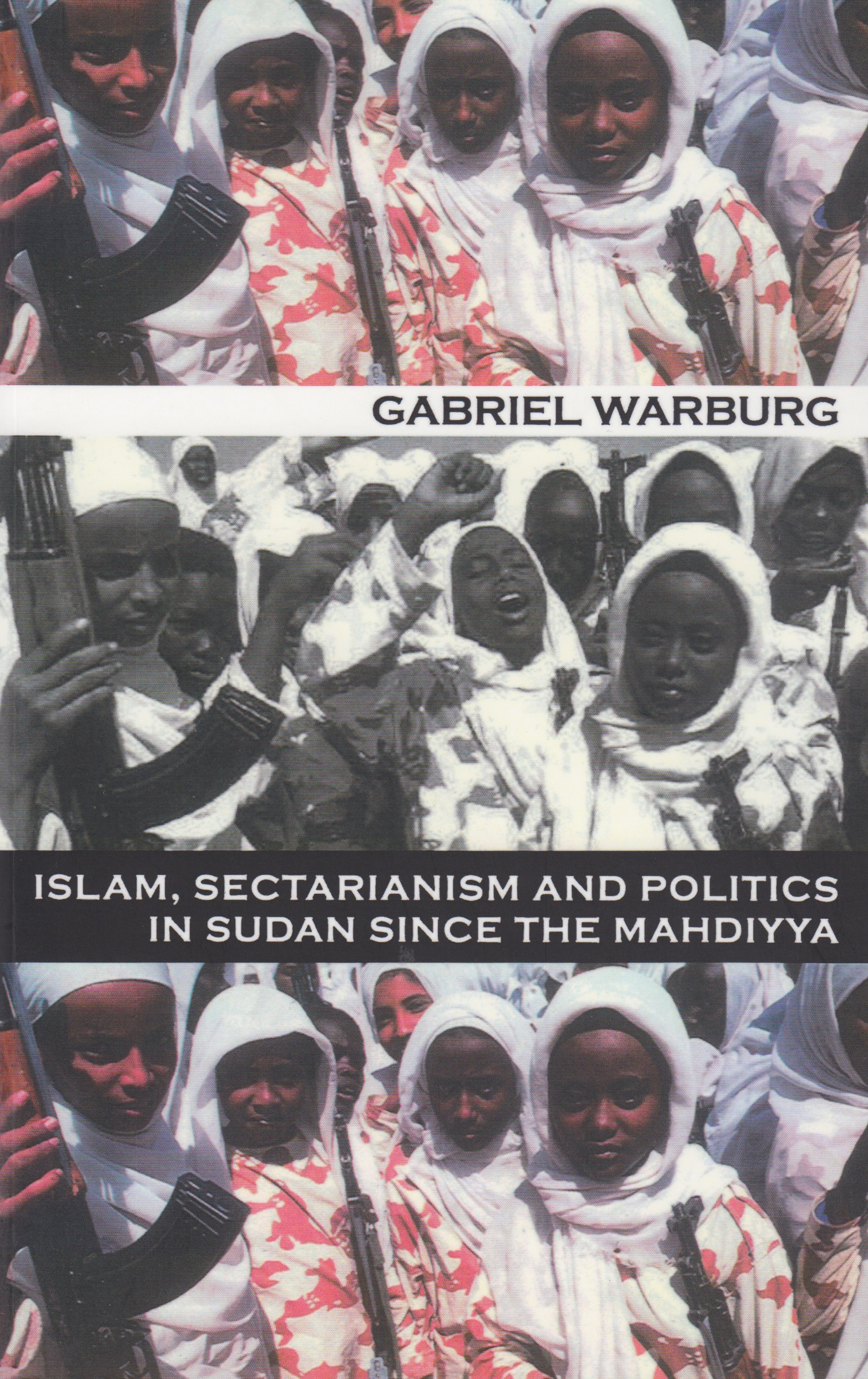Description
This volume presents annotated selections from the British records that were copied in situ by the author in al-Fashir and Kutum in 1970 and 1974 and of which the originals were subsequently destroyed by accident. The British were in Darfur for only forty years (1916–56) and, administratively, their impact was minimal. In retrospect, their most important role was in recording and codifying the customary law and administrative practice under the sultans. Their significance has become the greater recently following reports that the Sudan National Records Office is no long accessible to researchers. Darfur was unique in a Sudanese colonial context in that in 1916 the British conquered a functioning multi-ethnic African Muslim state. Their policy in the forty years of their rule was largely to maintain the system they had inherited from the sultans. Although they made some administrative modifications, it was only in the last few years before independence in 1956 that tentative steps were taken towards change, for example the introduction of local government in the towns. The material described here, a combination of administrative practice and ethnographic reporting, is far from simply academic in importance, but is invaluable on such issues as land tenure, agricultural practice, grazing rights and livestock migration routes, tribal administration and compensation for injury and death.
Table of contents
Introduction
- The Arabs of Darfur
- The Fur Heartlands (1)
- The Nyala Magdumate, c. 1940
- Al-fashir, Central and Eastern Darfur
- The Northern Arabs, Zaghawa and Others
- The Fur Heartlands (2)
Reviews
‘Sean O’Fahey, the premier historian of Darfur, has produced an invaluable compendium of key documents from the brief but significant period of British administration in the province, with insightful commentary. It is a fascinating window into a world that has passed into history, but whose details are still highly relevant to administration and conflict resolution in Darfur today. It is also a record of how the British consolidated Darfur’s older sultanic system of governance, in a way that retains a powerful grip on Darfurians’ political imagination.’ — Alex de Waal, Research Professor and Executive Director of the World Peace Foundation, Tufts University
‘This magnificent and carefully evaluated collection of closely commented documents could easily be titled “Understanding Sudan’s Sahelian crisis”, so helpful is it in explaining why the Nilotic giant is choking on his undigested western colony.’ — Gerard Prunier, author of Darfur: The Ambiguous Genocide
Author(s)
R.S. O’Fahey is Professor of History at the Department of Middle Eastern and African History, University of Bergen, Norway.
